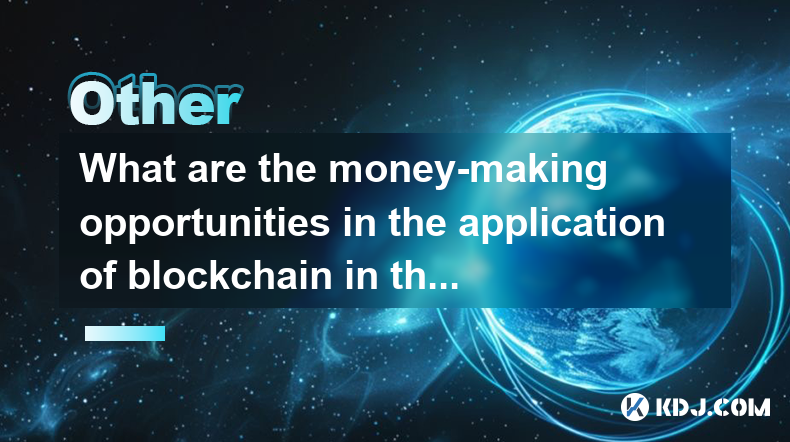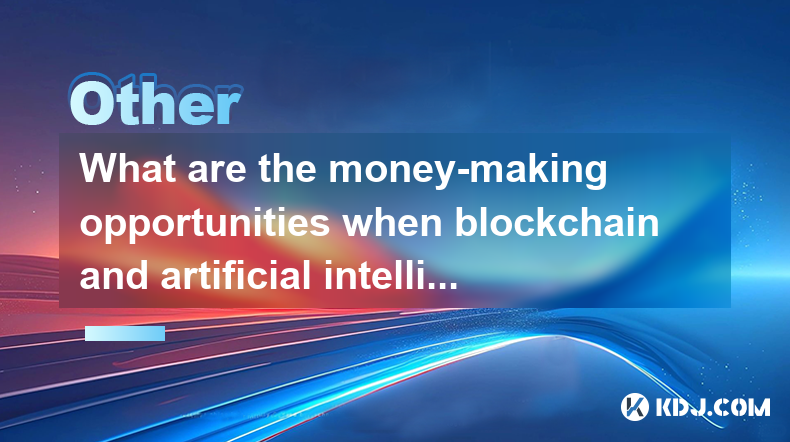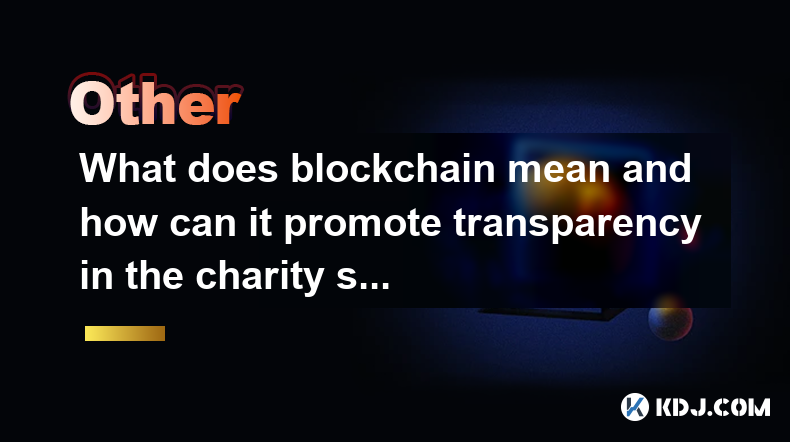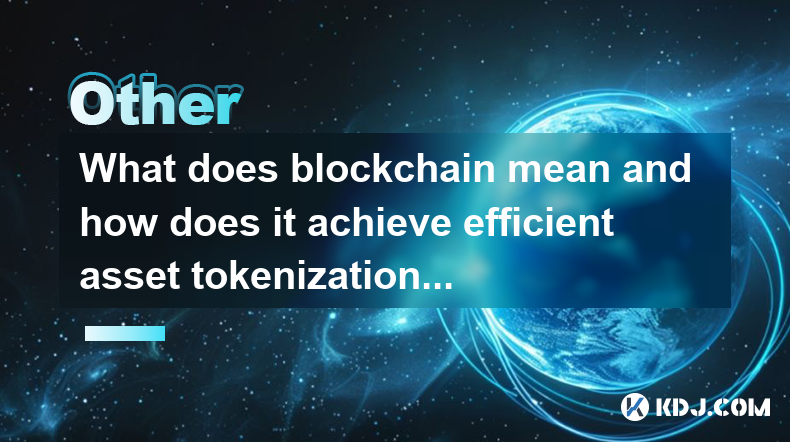-
 Bitcoin
Bitcoin $82,770.9885
-0.53% -
 Ethereum
Ethereum $1,811.0838
-0.62% -
 Tether USDt
Tether USDt $0.9996
-0.01% -
 XRP
XRP $2.0610
1.56% -
 BNB
BNB $591.5998
-0.12% -
 USDC
USDC $0.9999
0.00% -
 Solana
Solana $116.7637
-3.59% -
 Dogecoin
Dogecoin $0.1606
-2.58% -
 Cardano
Cardano $0.6491
0.00% -
 TRON
TRON $0.2375
1.32% -
 Toncoin
Toncoin $3.6204
-7.56% -
 UNUS SED LEO
UNUS SED LEO $9.4063
0.23% -
 Chainlink
Chainlink $12.8000
-2.19% -
 Stellar
Stellar $0.2605
1.01% -
 Avalanche
Avalanche $18.1124
-1.26% -
 Sui
Sui $2.2384
-2.51% -
 Shiba Inu
Shiba Inu $0.0...01223
0.65% -
 Hedera
Hedera $0.1627
0.30% -
 Polkadot
Polkadot $4.0538
1.44% -
 Litecoin
Litecoin $82.9722
0.02% -
 MANTRA
MANTRA $6.4051
3.36% -
 Bitcoin Cash
Bitcoin Cash $301.6530
1.88% -
 Bitget Token
Bitget Token $4.4826
-1.05% -
 Dai
Dai $1.0000
0.02% -
 Ethena USDe
Ethena USDe $0.9995
-0.02% -
 Monero
Monero $212.5474
-1.93% -
 Hyperliquid
Hyperliquid $11.6624
-5.49% -
 Pi
Pi $0.5680
-13.45% -
 Uniswap
Uniswap $5.8333
-1.59% -
 Aptos
Aptos $5.0533
-1.32%
What is the relationship between cryptocurrency and blockchain?
Cryptocurrency relies on blockchain for secure, transparent transactions, while blockchain's growth is fueled by cryptocurrency adoption, creating a symbiotic relationship.
Mar 28, 2025 at 06:22 pm

The Inseparable Duo: Cryptocurrency and Blockchain
Cryptocurrency and blockchain are intrinsically linked; one cannot exist without the other. Think of blockchain as the foundational technology, and cryptocurrency as one of its most prominent applications. Blockchain provides the secure and transparent ledger system upon which cryptocurrencies operate. Without blockchain's distributed, immutable record-keeping, cryptocurrencies wouldn't be able to function securely and reliably.
The core function of a cryptocurrency is to act as a digital or virtual currency designed to work as a medium of exchange. Transactions are recorded and verified on a blockchain network, ensuring transparency and security. This eliminates the need for intermediaries like banks, making transactions potentially faster and cheaper. However, the security and functionality rely entirely on the underlying blockchain technology.
Blockchain, in its simplest form, is a shared, immutable ledger that records transactions across many computers. This decentralized nature makes it resistant to single points of failure or manipulation. Each "block" in the chain contains a batch of verified transactions, linked cryptographically to the previous block. This creates a chronological, auditable record that's virtually impossible to alter without detection. This robust security is paramount for the trust and stability of cryptocurrencies.
The relationship is symbiotic. Blockchain provides the infrastructure for cryptocurrencies to function, offering security, transparency, and decentralization. In turn, the widespread adoption of cryptocurrencies fuels the growth and development of blockchain technology, driving innovation and expanding its potential applications beyond just digital currencies. This continuous feedback loop is vital to the evolution of both technologies.
Many cryptocurrencies utilize a "proof-of-work" or "proof-of-stake" consensus mechanism to validate transactions and add new blocks to the blockchain. These mechanisms ensure the integrity of the network and prevent fraudulent activities. The specific implementation of these mechanisms varies depending on the cryptocurrency and its underlying blockchain design.
Understanding the relationship requires understanding how transactions are processed. When you send cryptocurrency, the transaction details are broadcast to the network. Nodes (computers participating in the network) verify the transaction using the chosen consensus mechanism. Once verified, the transaction is added to a block and appended to the blockchain, becoming permanently recorded and visible to all participants.
The security of cryptocurrencies directly stems from the inherent security of the blockchain. The decentralized nature, cryptographic hashing, and consensus mechanisms make it extremely difficult to alter or tamper with the blockchain's records. This security is crucial for maintaining the value and trust associated with cryptocurrencies. Any compromise of the blockchain would directly impact the cryptocurrency's functionality and value.
Different cryptocurrencies leverage different blockchain implementations. Some utilize public blockchains, allowing anyone to participate, while others might use private or permissioned blockchains, restricting access and control. The choice of blockchain architecture significantly influences the cryptocurrency's characteristics and capabilities.
The evolution of blockchain technology constantly impacts cryptocurrency development. Improvements in scalability, efficiency, and security of blockchain directly translate into improvements in the functionality and usability of cryptocurrencies. This continuous innovation is crucial for the long-term viability and adoption of cryptocurrencies.
The decentralized nature of both blockchain and cryptocurrency offers several advantages. It reduces reliance on central authorities, potentially leading to greater financial freedom and reduced censorship. However, this decentralization also presents challenges in terms of regulation and governance.
Frequently Asked Questions
Q: Can I have a cryptocurrency without a blockchain?
A: No. Cryptocurrencies fundamentally rely on blockchain technology for their secure and transparent operation. The blockchain provides the immutable ledger for recording and verifying transactions, making it an essential component of any cryptocurrency.
Q: What are the benefits of using blockchain for cryptocurrencies?
A: Blockchain offers several key benefits for cryptocurrencies, including enhanced security through decentralization, transparency in transaction history, immutability of records, and resistance to censorship or single points of failure. These factors contribute to trust and reliability.
Q: Are all cryptocurrencies built on the same blockchain?
A: No. Different cryptocurrencies utilize various blockchain technologies, each with its own unique features and characteristics. Some use public blockchains like Bitcoin, while others employ private or permissioned blockchains tailored to specific needs.
Q: How does blockchain ensure the security of cryptocurrencies?
A: Blockchain's security stems from its decentralized nature, cryptographic hashing algorithms, and consensus mechanisms. These elements make it computationally infeasible to alter the blockchain's record of transactions without detection, ensuring the integrity of the cryptocurrency.
Q: Can a blockchain exist without a cryptocurrency?
A: Yes. Blockchain technology has applications beyond cryptocurrencies. It can be used for various purposes, such as supply chain management, voting systems, and secure data storage, where its immutability and transparency are valuable assets.
Q: What is the future of the relationship between cryptocurrency and blockchain?
A: The future likely involves further integration and innovation. Advancements in blockchain technology, such as improved scalability and interoperability, will likely lead to more sophisticated and user-friendly cryptocurrencies. The expansion of blockchain's applications will also drive the development of new types of cryptocurrencies and decentralized finance (DeFi) solutions.
Disclaimer:info@kdj.com
The information provided is not trading advice. kdj.com does not assume any responsibility for any investments made based on the information provided in this article. Cryptocurrencies are highly volatile and it is highly recommended that you invest with caution after thorough research!
If you believe that the content used on this website infringes your copyright, please contact us immediately (info@kdj.com) and we will delete it promptly.
- Gold Exempt From New "Reciprocal" Tariffs
- 2025-04-04 06:35:12
- Time to Buy Aptos (APT) Cheap? This Chart Pattern Signals a 10% Move for the Price!
- 2025-04-04 06:35:12
- An Analyst Has Explained How Dogecoin Could Be at a Make-or-Break Level Right Now Based on a TA Chart Pattern
- 2025-04-04 06:30:12
- Micro Intelligence Company Strategy Has Purchased 22,048 Bitcoins Worth $1.92 Billion in a New Deal
- 2025-04-04 06:30:12
- BlockDAG's Beta Testnet Is Live— Aims to Achieve 15K TPS! Ethereum Price Falls 0.5% & ETC Dips 6.7%
- 2025-04-04 06:25:12
- title: New decentralized finance (DeFi) trading altcoin is surging after gaining support from the top US-based crypto exchange platform by volume
- 2025-04-04 06:25:12
Related knowledge

What are the future development trends of blockchain game development?
Apr 03,2025 at 05:00am
Blockchain technology has revolutionized various industries, and gaming is no exception. As we look to the future, several trends are set to shape the development of blockchain games. These trends not only promise to enhance the gaming experience but also to integrate blockchain technology more seamlessly into the gaming ecosystem. Let's explore these t...

What are the maintenance costs of blockchain system development?
Apr 03,2025 at 06:07pm
The maintenance costs of blockchain system development are multifaceted and depend on various factors. These costs can include technical maintenance, security updates, infrastructure expenses, and personnel costs. Understanding these elements is crucial for anyone planning to develop or maintain a blockchain system. Technical MaintenanceTechnical mainte...

What are the money-making opportunities in the application of blockchain in the medical industry?
Apr 03,2025 at 03:35am
The integration of blockchain technology into the medical industry presents a myriad of money-making opportunities that can revolutionize healthcare systems. Blockchain's inherent characteristics, such as transparency, security, and immutability, make it an ideal solution for various medical applications. By leveraging blockchain, companies can develop ...

What are the money-making opportunities when blockchain and artificial intelligence are combined?
Apr 04,2025 at 01:28am
The convergence of blockchain and artificial intelligence (AI) presents a myriad of money-making opportunities within the cryptocurrency circle. This fusion leverages the decentralized and secure nature of blockchain with the analytical prowess of AI, creating innovative solutions and platforms that can generate significant revenue. From enhancing tradi...

What does blockchain mean and how can it promote transparency in the charity sector?
Apr 03,2025 at 08:29pm
Blockchain technology is a decentralized, distributed ledger that records transactions across numerous computers. This ensures that the data is transparent and nearly impossible to alter retroactively. Essentially, blockchain serves as a digital ledger of all cryptocurrency transactions, enabling secure and direct exchanges without the need for intermed...

What does blockchain mean and how does it achieve efficient asset tokenization?
Apr 03,2025 at 07:57pm
Blockchain technology is a decentralized, distributed ledger that records transactions across numerous computers. It ensures that each transaction is secure, transparent, and immutable. The concept of blockchain was introduced with the launch of Bitcoin in 2009, but its applications have since expanded far beyond cryptocurrencies. At its core, blockchai...

What are the future development trends of blockchain game development?
Apr 03,2025 at 05:00am
Blockchain technology has revolutionized various industries, and gaming is no exception. As we look to the future, several trends are set to shape the development of blockchain games. These trends not only promise to enhance the gaming experience but also to integrate blockchain technology more seamlessly into the gaming ecosystem. Let's explore these t...

What are the maintenance costs of blockchain system development?
Apr 03,2025 at 06:07pm
The maintenance costs of blockchain system development are multifaceted and depend on various factors. These costs can include technical maintenance, security updates, infrastructure expenses, and personnel costs. Understanding these elements is crucial for anyone planning to develop or maintain a blockchain system. Technical MaintenanceTechnical mainte...

What are the money-making opportunities in the application of blockchain in the medical industry?
Apr 03,2025 at 03:35am
The integration of blockchain technology into the medical industry presents a myriad of money-making opportunities that can revolutionize healthcare systems. Blockchain's inherent characteristics, such as transparency, security, and immutability, make it an ideal solution for various medical applications. By leveraging blockchain, companies can develop ...

What are the money-making opportunities when blockchain and artificial intelligence are combined?
Apr 04,2025 at 01:28am
The convergence of blockchain and artificial intelligence (AI) presents a myriad of money-making opportunities within the cryptocurrency circle. This fusion leverages the decentralized and secure nature of blockchain with the analytical prowess of AI, creating innovative solutions and platforms that can generate significant revenue. From enhancing tradi...

What does blockchain mean and how can it promote transparency in the charity sector?
Apr 03,2025 at 08:29pm
Blockchain technology is a decentralized, distributed ledger that records transactions across numerous computers. This ensures that the data is transparent and nearly impossible to alter retroactively. Essentially, blockchain serves as a digital ledger of all cryptocurrency transactions, enabling secure and direct exchanges without the need for intermed...

What does blockchain mean and how does it achieve efficient asset tokenization?
Apr 03,2025 at 07:57pm
Blockchain technology is a decentralized, distributed ledger that records transactions across numerous computers. It ensures that each transaction is secure, transparent, and immutable. The concept of blockchain was introduced with the launch of Bitcoin in 2009, but its applications have since expanded far beyond cryptocurrencies. At its core, blockchai...
See all articles






















































































